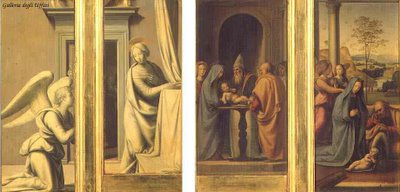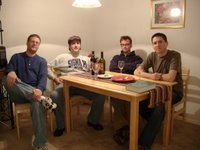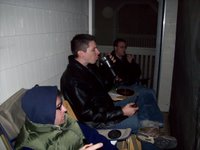The Church: A Simple Beginning (Part One)
First, let’s look at what the church is. The church is a culture, as David Yeago has described it in his essay “Messiah’s People.” Without going into too much detail, simply put, this idea delineates that the church precedes creation rather than it coming from creation; as Simon Chan has declared, “The church does not exist in order to fix a broken creation; rather creation exists to realize the church.” (p. 23). Paul declares in Ephesians 1:4, the church was chosen in Christ before the creation of the world. Robert Jenson describes the world as a raw material from which God will use to perfect His church in Christ. Therefore, as a culture, the church is a divine-humanity, as a body, and with Christ as its Head.
Moreover, the church is “the people of God.” Simon Chan describes the church as the people of God in this way, “To call the church the people of God is to recognize that it exists in continuity with the ancient covenant people of God, the people of Israel.” (p. 24). I will be your God and you shall be my people is an oft repeated phrase from both the Old and New Testaments. The people of God in connection with the people of Israel within the identity of the church are described by Paul in Romans where we as gentiles are grafted into this body. We should never let this simple fact escape us, the church was established by a Jew (the Messiah), through a Jewish people, and we as Gentiles are included only by being engrafted. Therefore, the church was never intended to replace Israel. [To be continued]







